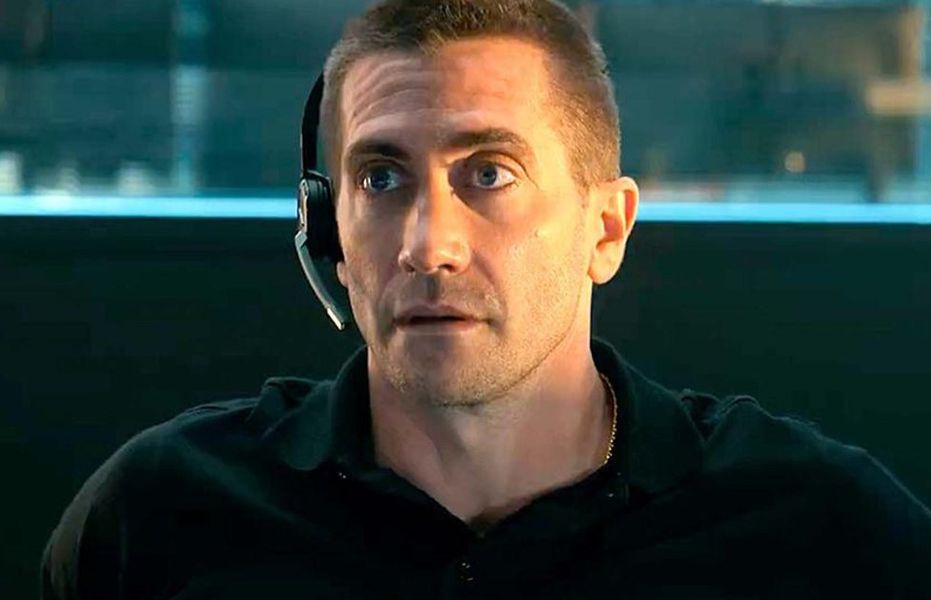Adapted from the eponymous Danish thriller, Antoine Fuqua’s The Guilty was recently released on Netflix and has received lukewarm reactions. While some are impressed by Jake Gyllenhaal, namely the lead actor’s stellar performance, others are not sure if it was worth remaking an entire film with no twists from the original. “We would rather watch the original,” they say.
The entire premise and idea of the film are rooted in curiosity, inquisitiveness and the innate desire to serve and seek justice. Based on Nic Pizzolato’s incredible screenplay, the film is a clever commentary on the police system in the United States and the underlying problems that stay rooted in obliviously toxic masculinity. It also gives an insight into the daily work of 911 dispatchers, who are working relentlessly, sifting through cold calls to help those who need it.
Jake Gyllenhaal outdoes himself in the film as the recently demoted officer Joe Baylor. For an unnamed offence, he serves as a dispatcher instead of an LAPD officer. He misses his job at the precinct and battles various inner demons, including missing his daughter who lives with his estranged wife. His inhaler is his best friend as he pushes through the days, attending to various calls, often losing his cool and berating people for taking drugs or getting robbed by prostitutes. The story is set on a particular day when California is up in flames due to the forest fires and the dispatchers are busy assisting those in need.
Oppressed by the claustrophobic tension around him, caught in a tiny cubicle surrounded by various computers, he has almost resigned himself to his fate when he receives a chilling call from a woman named Emily who has been seemingly abducted by an armed man in a white van. Having found out details about her, her abusive husband and her family, he delves deeper into the case. When he is denied help from the police system, he is gripped by an intense surge of need to save her.
Baylor’s case is the classic turmoil between the heart and the brain, duty and love, rationality and morality. He is impulsive and drastic and makes mistakes that make the pervading sense of doom inevitable. Tomorrow he will be tried and punished for flouting rules but Baylor acts in the present, ready to make mistakes to save the woman and her children.
The violent emotions that grapple him are palpable on Gyllenhaal’s face through the majority of the film, contorting into various emotions as the film progresses. The entire struggle and strife to prove himself to none but himself is heart-wrenching. He is trying to be a better father, a better husband, a better officer and a better man.
Fuqua forgets to weave in his ingenious vision but makes the correct decision of trusting Gyllenhaal with the mammoth task of helming the film on his able shoulders. The latter is nothing short of perfect, adding an undercurrent of desperation and suffocation to the thriller, something that was much-needed in addition to new creative narrative elements.
